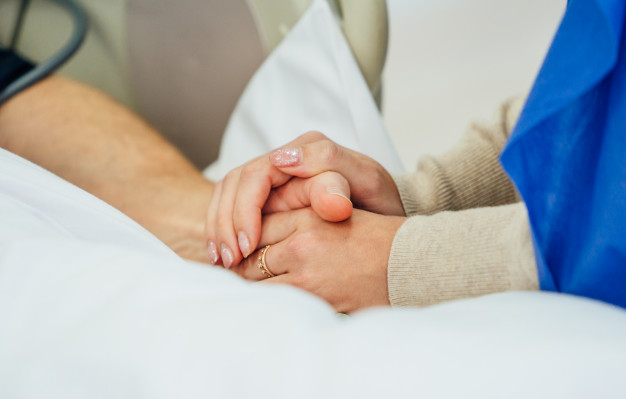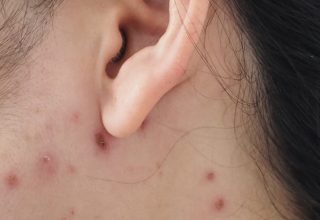How to Prevent Pressure Sores in Bedridden Patients
Looking after patients that are bedridden requires very specific care and attention. When a patient is bedridden, they have a high risk of developing a number of different issues such as constipation, depression, stiffness, pneumonia, contractures, and even UTIs. Some of the most common issues the patient can develop, however, are bedsores or pressure sores.
Bedsores are not only painful; they can also lead to a very serious infection if they aren’t caught and treated promptly. In order to lessen your bedridden patient’s risk of developing pressure sores here are some preventative measures, you can take.
Regularly Change Their Position:
The first and most important tip is to make sure you are changing your patient’s position on a regular basis. This prevents anyone spot from developing pressure sores. The idea is that by changing how they are lying down or propped up, you are constantly distributing the weight in different ways.
Conduct Exercises as Often as Possible:
Because your patient can’t get up and exercise on their own, it’s up to you to move and stretch their body. You’ll be able to perform a number of stretches on them while they are in bed, making sure that their limbs move around and you relieve some of that pressure.
Make sure you are exercising as many areas as possible, such as your arms and legs. Use repetition when exercising the patient so they get a good amount of stretching.
Make Sure You Use Pressure Care Equipment:
There are also certain products and equipment you can use that are designed to prevent pressure sores from forming.
This includes such things as pressure care mattresses that provide relief to the pressure points, pressure relief protectors, and pressure care cushions that are able to better distribute a person’s weight. Visit sites like medical-supermarket.com for more information on this type of equipment.
Ensure Any Pressure Sores are Kept Dry and Clean:
Should pressure sores develop, it’s incredibly important that they are kept dry and clean at all times. You can use a soft mild soap and warm water with a soft washcloth to wash the sores in their bed.
Be sure not to rub the sores dry; instead, you will want to pat them gently so as not to aggravate them further. Besides keeping the sores clean and dry, you want to be inspecting the skin on a regular basis to look for any new sores or any early signs of infection.
Use a Bed with Adjustable Elevation:
If possible, you want to use a bed with an adjustable elevation. This allows you to prop your patient up at the head. Experts suggest you only raise the bed to a 30-degree angle.
Preventing pressure sores in your bedridden patients is so much more than just a comfort factor; it also helps to keep them healthy by preventing what can be a very nasty and serious infection. Using each of these methods on a regular basis will help to keep things under control.
Read Also:
- A Complete Skin Care Regimen Every Professional Will Love
- 10 Best home remedies for glowing skin
- 7 Ways to Prep Your Skin This Summer



